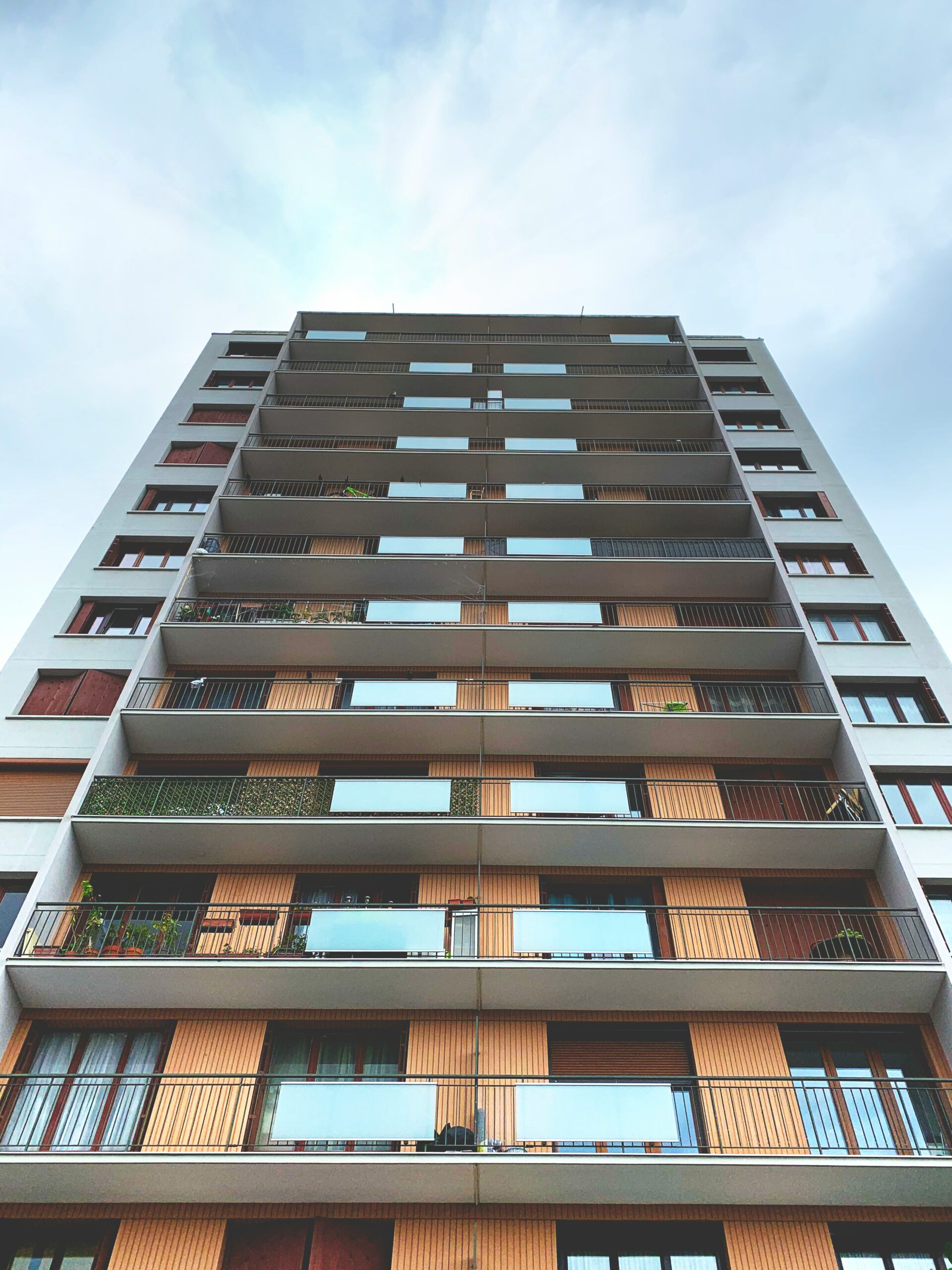
Serving on your condo board can be challenging. You’re not just managing maintenance or reviewing budgets—you’re helping safeguard the value of your community’s most important asset. But even the most well-intentioned boards can fall into traps that cost time, money, and resident trust. However, with our tips you’ll be on your way to bringing peace of mind to your community.
Here are some of the most common mistakes condo boards make, and how to avoid them with proactive planning, sound condo maintenance strategies, and clear communication.
The Problem: When something breaks, the cost isn’t just the repair. It’s also the stress, potential legal risk, and resident complaints that come with it.
Examples of issues caused by skipped maintenance:
Avoid it by:
A professional condo management company can help automate inspections, track service history, and flag upcoming needs before they become costly repairs.
Budgeting is one of the most important responsibilities of any board. Underestimating costs can lead to special assessments, deferred maintenance, and owner frustration.
Common budgeting pitfalls:
Avoid it by:
Consult with professionals who know the market. Boards that budget well reduce financial stress on owners and maintain building health.
It’s tempting to save money by self-managing, especially in smaller condo buildings. But without proper systems, you risk disorganization, resident frustration, and volunteer burnout.
Where things go wrong:
Avoid it by:
If your board is struggling to keep up, it might be time to partner with a company that can empower boards with streamlined systems and expert guidance. Whether it’s managing documents, coordinating repairs, or handling owner concerns. You’ll get the tools to stay organized and be effective. If you’re interested in tools for self management, Converge is here to help with our software, Converge Connect.
Condo governance in Alberta and BC is guided by provincial legislation. Boards must comply with laws around contingency reserve funds, meeting notices, bylaws, insurance, and owner communication.
What can go wrong:
Avoid it by:
A professional condo management company stays on top of local laws so you don't have to. They guide boards through legislative updates, bylaw reviews, and compliance planning to keep your governance on the ball.
Reserve funds are legally required and critical for long-term building health. Still, many boards underfund them or dip into them for day-to-day expenses.
Why this is a problem:
Avoid it by:
A strong reserve fund is a signal of a responsible, forward-thinking board that ensures the long-term financial health of their property.
Owners want to feel informed and heard. When communication breaks down, trust erodes and small concerns can become big conflicts.
Common complaints:
Avoid it by:
Partnering with the right condo management company becomes a strength. They provide boards with resident portals, manage announcements, and facilitate two-way communication - fostering transparency and trust. Communication becomes a strength that builds trustand reduces complaints.
Contractors and vendors are a major line item in any condo budget. But choosing based on price alone or skipping due diligence can cost more in the long run.
Risky vendor mistakes:
Avoid it by:
A great condo management company maintains a vetted network of reliable contractors and handles all negotiations, documentation, and performance tracking - saving your board time, money and headaches.
Even when things are running smoothly, boards need to plan for what’s ahead: aging infrastructure, energy upgrades, and demographic shifts in the owner base.
Signs your board is stuck in reactive mode:
Avoid it by:
The right management firm helps you think ahead. From energy-efficiency initiatives to future-proof amenities, boards will have the backing to build a sustainable long-term vision - complete with timelines and funding strategies.
Serving on your condo board is a big responsibility, but with the right tools and support, it doesn’t have to be overwhelming. Avoiding these common mistakes can improve building health, protect owner investments, and reduce conflict within your community.
If your board is ready to get proactive, Converge Condo can help your board or strata. We partner with boards in Edmonton, Calgary, and Victoria to streamline operations, manage vendors, improve owner communication, and keep buildings running smoothly.
Let’s talk about how Converge can support your community. Converge Condo is here to help.